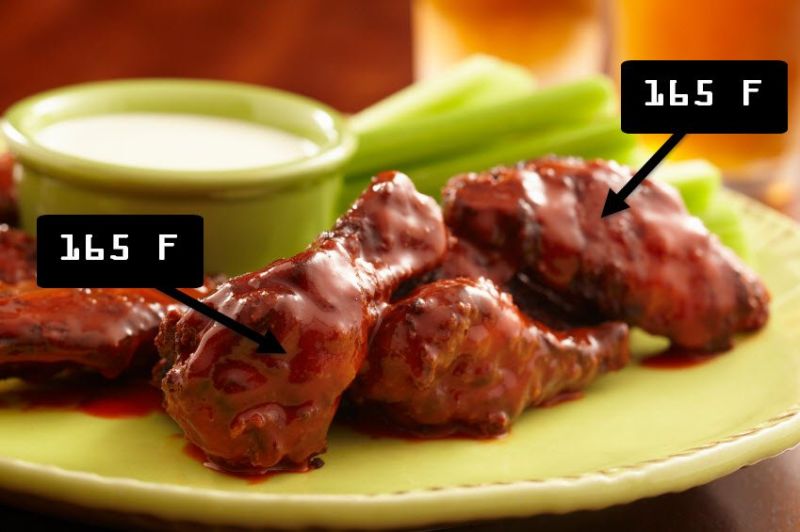The question of whether anyone has actually been saved from foodborne illness via tweet is, on the other hand, surely up for debate. Is a guy who doesn't know to wash his hands after handling raw chicken really a guy who's following USDA Food Safety on Twitter? Is an irony-appreciating millennial who might not otherwise be open to messaging about listeria going to sit up and pay attention because of the hashtag #Sharknado3?
The official Instagram account of the TSA, meanwhile, takes a more detached stance. This account delivers to its 374,000 loyal followers a mostly objective window into the assorted grab-bag of concealed knives, guns and narcotics the governmental body confiscates daily from travelers at airports all over the country.
https://instagram.com/p/7bFyS1l95S/?taken-by=tsa
https://instagram.com/p/5NlI6cl9wj/?taken-by=tsa
Also, portraits of cute drug-sniffing TSA dogs.
https://instagram.com/p/50Q69WF90s/?taken-by=tsa
Sometimes the photos are accompanied by tips and information about which items, exactly, are kosher to carry onto an aircraft (hint: no knives, guns, or narcotics), but mostly this account seems to operate from a place of gleeful voyeurism: Someone thought they were gonna get that onto a plane?
https://instagram.com/p/5sp2Ptl9y3/?taken-by=tsa
https://instagram.com/p/xnFiu3F99x/?taken-by=tsa
Connecting with customers is a key aim of social media, and these posts do that, to be sure -- but the wrench in these interactions is that federal agencies don't have customers. We're not choosing the USDA Food Safety regulations over some other available option; we don't compare prices and decide to get searched by the TSA, specifically, when we fly. So why do they care if we like them?
Okay, so likability might be the wrong noun here -- we could say their primary motive is to simply humanize an otherwise sterile, standardized and thoroughly regimented chunk of government, and to show that they are in fact performing a useful function; in the case of the TSA, especially, you're talking about an organization with whom most of the American populace positively dreads interaction. Yes, they're helping to keep us safe. They're also basically the dentists of the government world -- ones that can get you thrown in jail. (Related: The U.S. Border Patrol's Twitter feed is similar, but methier.)
https://instagram.com/p/2t26i8F92S/?taken-by=tsa
So: Is it working? Unlike brand loyalty, which can be measured by what products we actually purchase following a social media interaction, there's pretty much no way to track whetherJohn Doe is feeling more warmly toward his TSA agent during a full-body search at SFO than he did prior to following the agency on Instagram. And, again, it's not exactly going to affect the TSA's bottom line.
What we're left with, then, is a snapshot of a specific moment in our collective understanding of social media's purpose as it evolves. Side by side with landmark social movements like Black Lives Matter -- which arguably coalesced and gained steam predominantly in the online world, with an aim of affecting real change in the tangible one -- we have brick-and-mortar agencies that perform self-evident functions feeling obvious pressure to contribute something, anything, to the jumble of self-promotion and online noise that is social media, regardless of the value. No matter if a Twitter feed makes sense for your organization: Does your organization even exist, if it doesn't tweet? It's a vignette that I think will become more telling with time, as the first generation that has never known a world without Twitter or Instagram comes of age, and as businesses (hopefully) learn to wield social media as a tool without embarrassing themselves (or us) anymore than they already have.
In the meantime, if they're going to post it, we're going to enjoy it. And hey: once we surgically remove our palms from our faces, we might even learn something.


